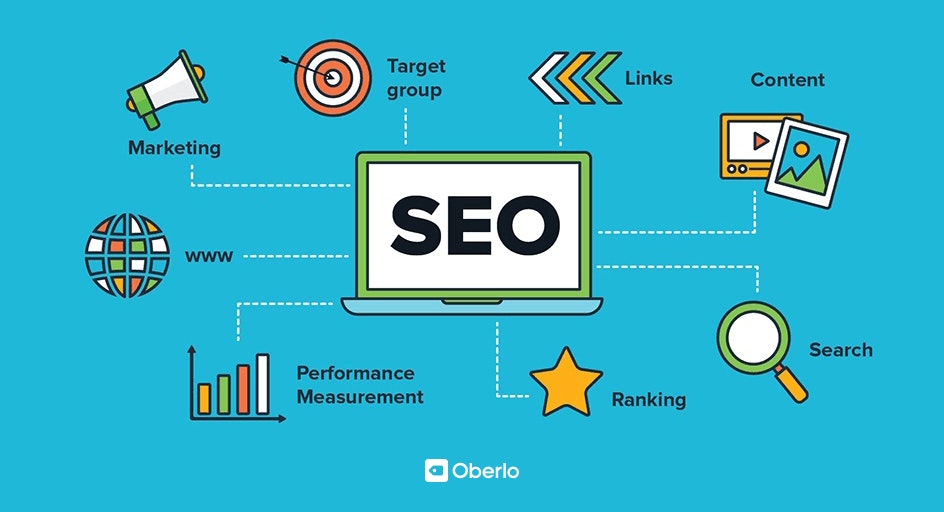Search engine optimization (SEO) is crucial for any business that wants to establish a strong online presence. It helps businesses increase their visibility on search engines and drive traffic to their websites. For small businesses, SEO can be the difference between success and failure. In this blog post, we’ll discuss 10 essential SEO strategies for small businesses.
- Conduct Keyword Research
Keyword research is the foundation of any successful SEO campaign. It involves identifying the search terms and phrases that your target audience is using to find businesses like yours. Use keyword research tools like Google Keyword Planner, SEMrush, or Ahrefs to identify the keywords that are most relevant to your business.
- Optimize Your Website
Your website needs to be optimized for search engines to rank higher in search results. Some important factors to consider include optimizing your title tags, meta descriptions, and header tags. Make sure your website is mobile-friendly and loads quickly as page speed is an important ranking factor.
- Build High-Quality Backlinks
Backlinks are links from other websites that point to your website. They are an important ranking factor and can help improve your website’s authority. However, it’s important to focus on building high-quality backlinks from reputable sources. You can do this by creating great content that other websites will want to link to or by reaching out to other websites to ask for a link.
- Create Quality Content
Content is king when it comes to SEO. Create high-quality, engaging content that provides value to your audience. This can include blog posts, videos, infographics, and more. Make sure your content is optimized for search engines by including relevant keywords and using header tags.
- Use Social Media
Social media can be a great way to drive traffic to your website and improve your search engine rankings. Share your content on social media platforms like Facebook, Twitter, and LinkedIn. This can help increase the visibility of your content and attract more backlinks.
- Monitor Your Analytics
It’s important to monitor your website analytics to track your progress and identify areas for improvement. Use tools like Google Analytics to track your website’s traffic, bounce rate, and other important metrics. This will help you identify which SEO strategies are working and which ones need to be adjusted.
- Use Local SEO
If you’re a small business with a physical location, local SEO can help you attract more local customers. This involves optimizing your website for local keywords and creating local listings on directories like Google My Business, Yelp, and Bing Places.
- Optimize Your Images
Optimizing your images can help improve your website’s load time and increase your search engine rankings. Make sure your images are compressed and have descriptive file names and alt text.
- Use On-Page SEO
On-page SEO involves optimizing your website’s individual pages for search engines. This includes optimizing your content, title tags, meta descriptions, and header tags.
- Stay Up-to-Date with SEO Trends
SEO is constantly evolving, so it’s important to stay up-to-date with the latest trends and best practices. Subscribe to SEO blogs and attend webinars to stay informed about the latest SEO strategies.
In conclusion, SEO is essential for small businesses that want to establish a strong online presence. By following these 10 essential SEO strategies, you can improve your website’s visibility on search engines and drive more traffic to your website. Remember to monitor your progress and adjust your strategies as needed to achieve the best results.


